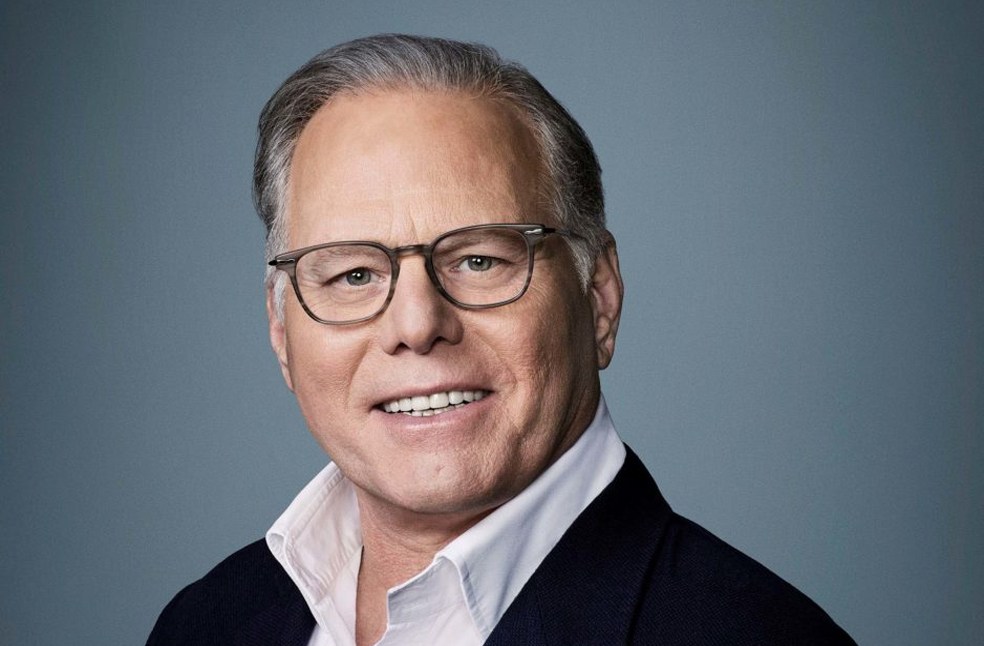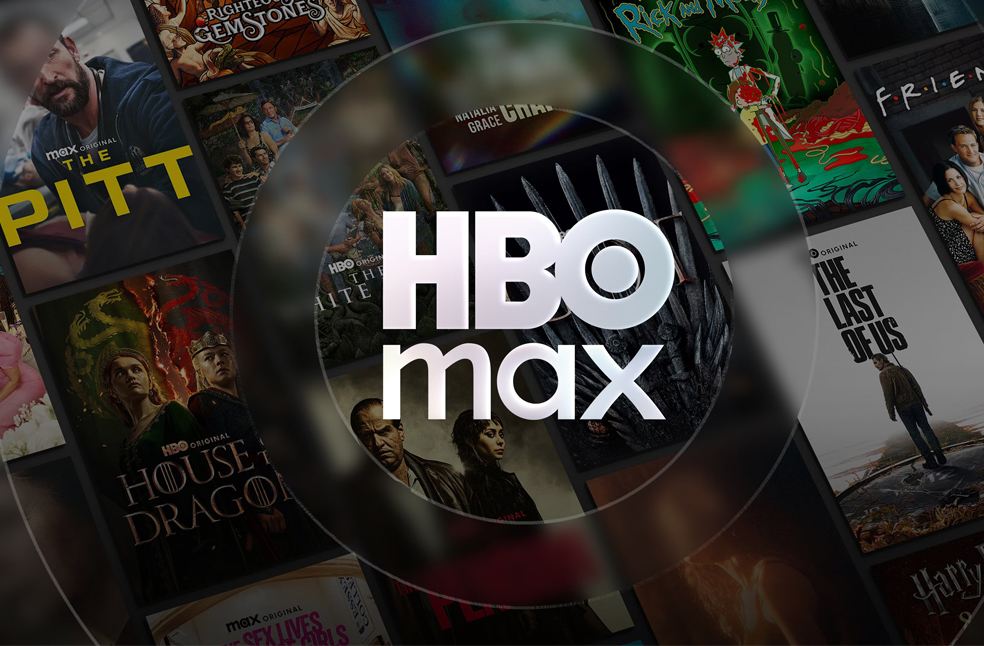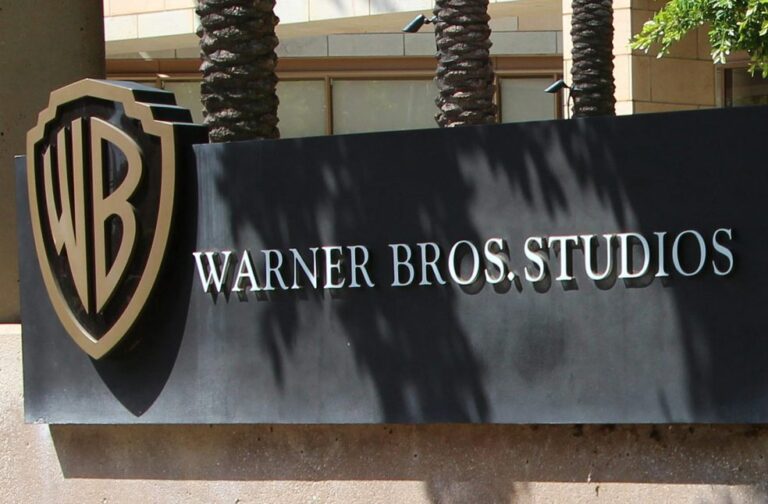New York: Warner Bros Discovery, the parent company of CNN and HBO Max, has announced a major restructuring plan to divide itself into two separate entities by mid-2026.
The move will see the US media giant separate its film and streaming business from its traditional cable television networks in response to changing viewer habits and market dynamics.
The company’s streaming service HBO Max, which has achieved critical and commercial success with series such as Succession, The White Lotus, and The Last of Us, will become part of a newly formed company called Streaming & Studios. This new division will also encompass Warner Bros’ film studio and be led by Warner Bros Discovery’s president and CEO, David Zaslav.
The second entity, Global Networks, will consist of the company’s linear TV assets including CNN, Discovery, and TNT Sports. This business will be headed by current Chief Financial Officer Gunnar Wiedenfels.

According to Zaslav, the separation will provide each company with enhanced focus and flexibility to compete effectively in today’s rapidly evolving media landscape. The CEO stated that, “We are empowering these iconic brands with the sharper focus and strategic flexibility they need.”
The decision comes two years after the 2022 merger that created Warner Bros Discovery. Since then, the media industry has seen a stark shift in consumption trends, with streaming platforms gaining hundreds of millions of users globally while traditional cable TV channels have witnessed declining viewership.
HBO Max and its related platforms ended Q1 2025 with more than 122 million subscribers, reflecting strong performance on the digital front.
In contrast, CNN has struggled with falling ratings. The news network averaged 558,000 viewers during primetime in the first three months of 2025, 6 percent lower than the same period in 2024. Earlier this year, in January, CNN announced layoffs affecting more than 200 employees as it aimed to strengthen its digital offerings.

The announcement of the split did little to improve investor sentiment. Warner Bros Discovery’s shares fell by nearly 3 percent and have declined more than 10 percent year-to-date. Analysts believe the breakup may nevertheless be beneficial in the long run.
Peter Jankovskis, an analyst at Arbor Financial Services, said that simplifying the business structure will enable investors and analysts to better understand and value each separate operation.
This strategic split mirrors industry trends. Rival media conglomerate Comcast is already in the process of spinning off its NBCUniversal cable networks, including MSNBC and CNBC, separating them from its Peacock streaming service and other business units.
Jankovskis emphasized that in today’s competitive landscape, many media firms are segmenting their streaming or content assets to allow the remaining operations to be valued independently and more transparently.



